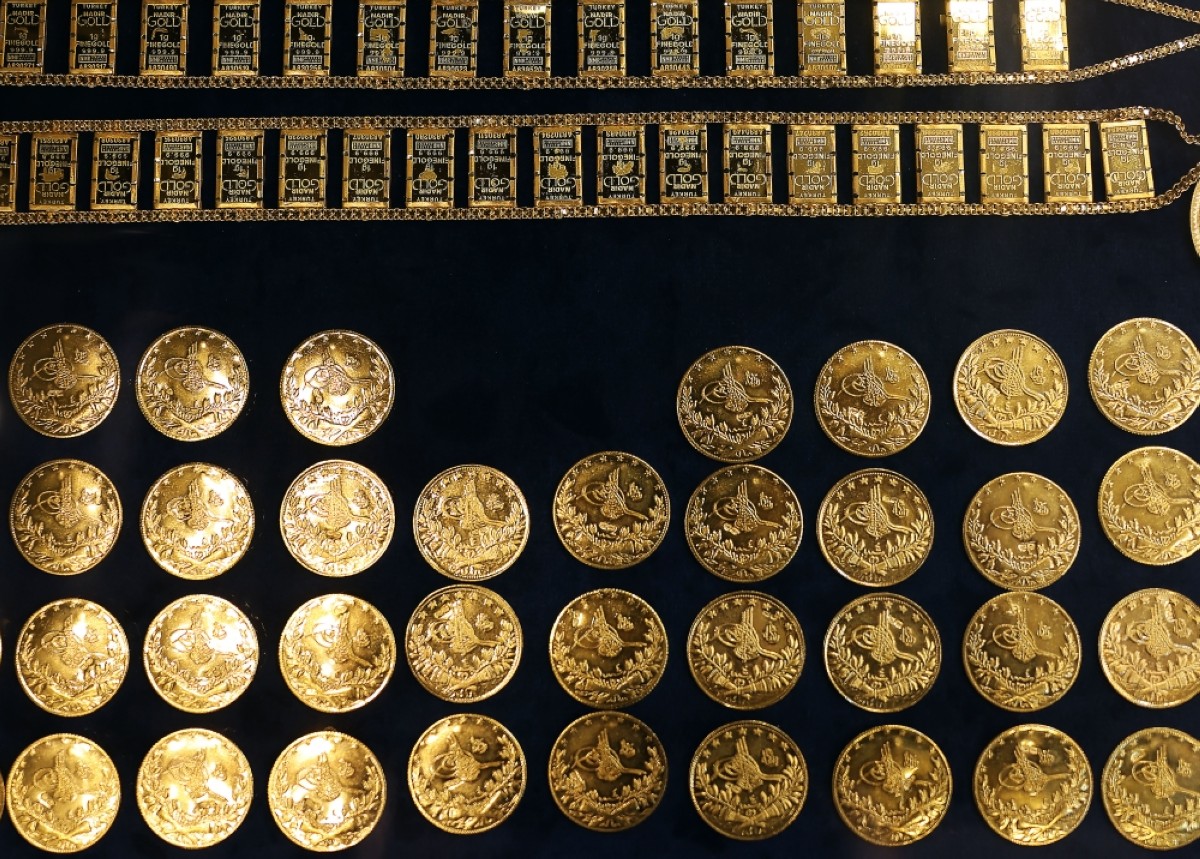KUWAIT: With gold markets roiled by economic uncertainty and mounting geopolitical crises, many people are watching closely — hoping to seize the right time to invest. Speaking to Kuwait Times, Mohamed Salah, Operations Manager at a Gold bullions Company, emphasized that gold remains one of the most effective tools for protecting wealth against inflation, economic volatility, and geopolitical uncertainty, noting that two key methods dominate today’s gold investment landscape which is exchange-traded funds (ETFs) and physical gold bullion.
He explained that while ETFs are suitable for some investors, physical gold is the preferred option due to lower manufacturing costs compared to jewelry, which carries high markups. “Bullion is available in various weights, and the larger the bar, the lower the cost per gram. For example, a one-kilogram bar is significantly more cost-efficient in the long term than buying multiple one-gram bars.”
Regarding the timing of investing, Salah pointed out that the best time to buy gold depends on the investor’s objective. “If the goal is to preserve wealth against currency depreciation especially during periods of high inflation and a weakening US dollar, like now, then any time is a good time to buy.”
He pointed to the global trade wars, initiated under US President Donald Trump through tariff increases, as a major catalyst for economic tension, which has pushed gold prices higher. These economic pressures, in turn, reinforce gold’s appeal as a safe-haven asset.
KUWAIT: A shop front displaying gold jewelry is seen in this photo. — Photos by Yasser Al-Zayyat
A shop owner holds a piece of gold.
Salah stated that gold is not a short-term profit but a long-term hedge, explaining that despite its lack of direct income, gold increases in value over time in response to crises. He cited data showing that gold returned over 20 percent in the past three years, with even higher gains recorded in the first quarter of this year. Leading financial institutions like Goldman Sachs and JP Morgan forecast a 40 percent chance of a US recession this year, reinforcing gold’s appeal amid declining global growth and escalating trade tensions.
One key factor pushing gold higher, according to Salah, is the significant weakening of the US dollar, which has lost over 11 percent of its value since the beginning of the year. As gold traditionally moves inversely to the dollar, this depreciation is a clear upward driver for gold prices. “Any reversal could trigger a correction. Still, the overall outlook favors continued growth, particularly as pressure mounts on the Federal Reserve to cut interest rates, which would likely further weaken the dollar and boost gold.” Salah concluded by recommending that investors allocate at least 15 percent of their portfolios to gold, emphasizing that times of economic uncertainty and high inflation are ideal for diversifying with precious metals.
Mohamed Fadel, General Manager of Gold Jewelry shop, said the amount invested in gold depends on available capital. For amounts under KD 5,000, he recommends gold coins or small bars (50–100 grams), while larger investments are better suited to 999.9-purity Emirati bullion, which carries lower fees than Swiss-made products.
Fadel pointed out that the rise in awareness fueled by social media has led to a notable increase in demand for physical gold, with many individuals withdrawing bank deposits to invest in bullion, which often yields higher returns than fixed interest savings.
However, he warned against short-term investments in gold, saying: “Those needing liquidity within months shouldn’t invest in it, as selling during a downturn could result in losses. Gold is better suited for surplus funds that can be locked away long-term.” He advised new investors to watch for price before buying and to invest incrementally. “Buy based on your financial ability even half a coin at a time. Every surplus can be turned into gold gradually.”




